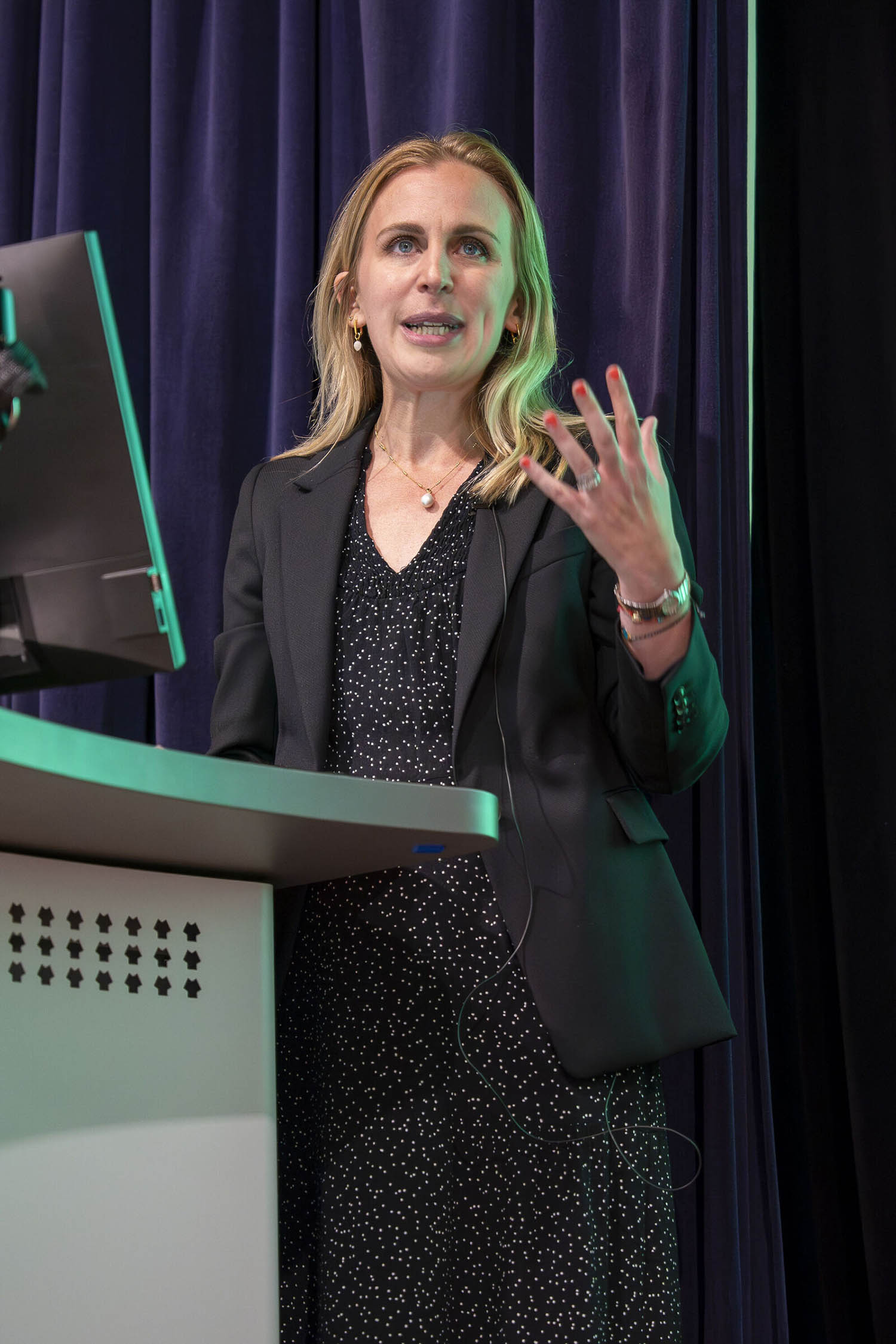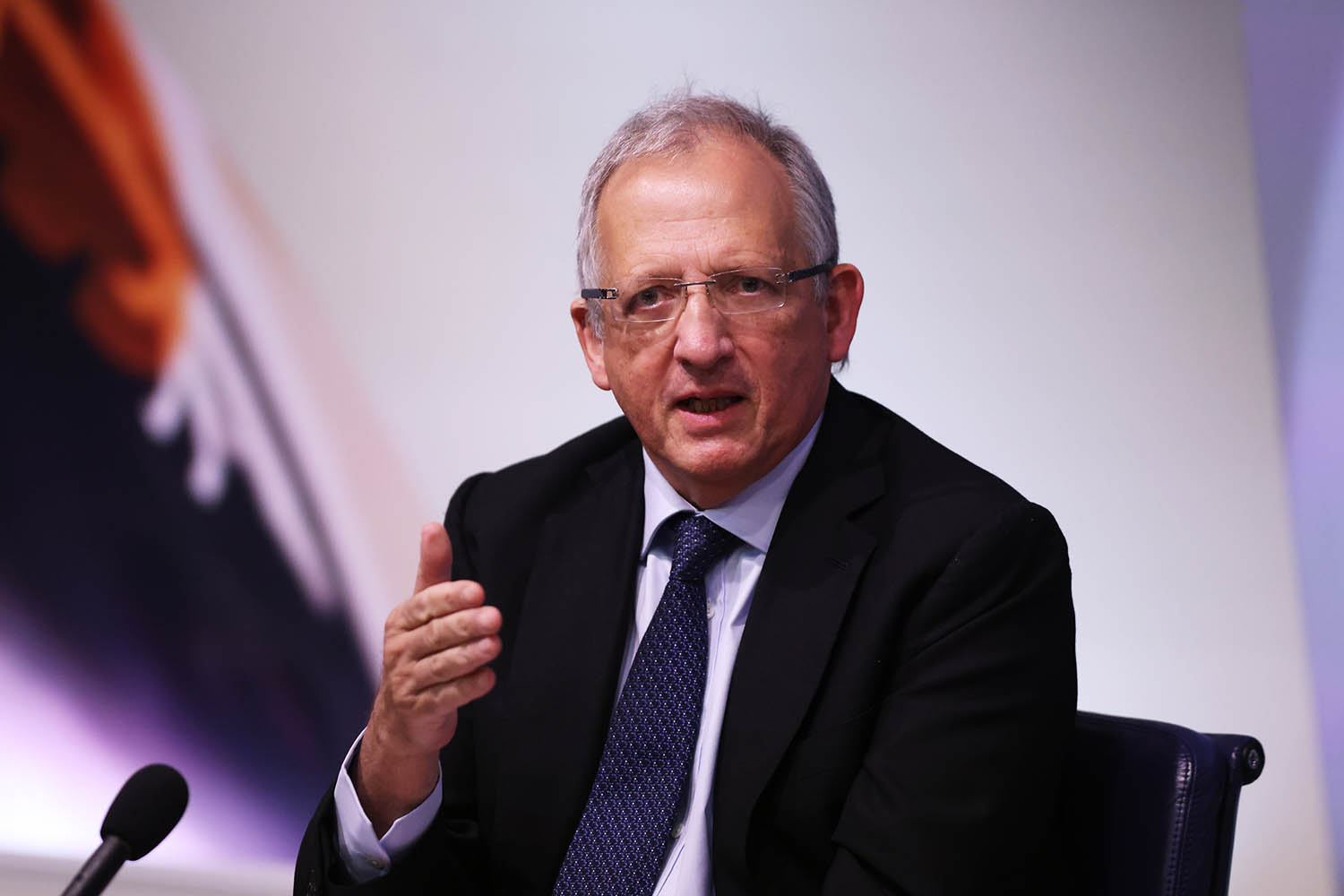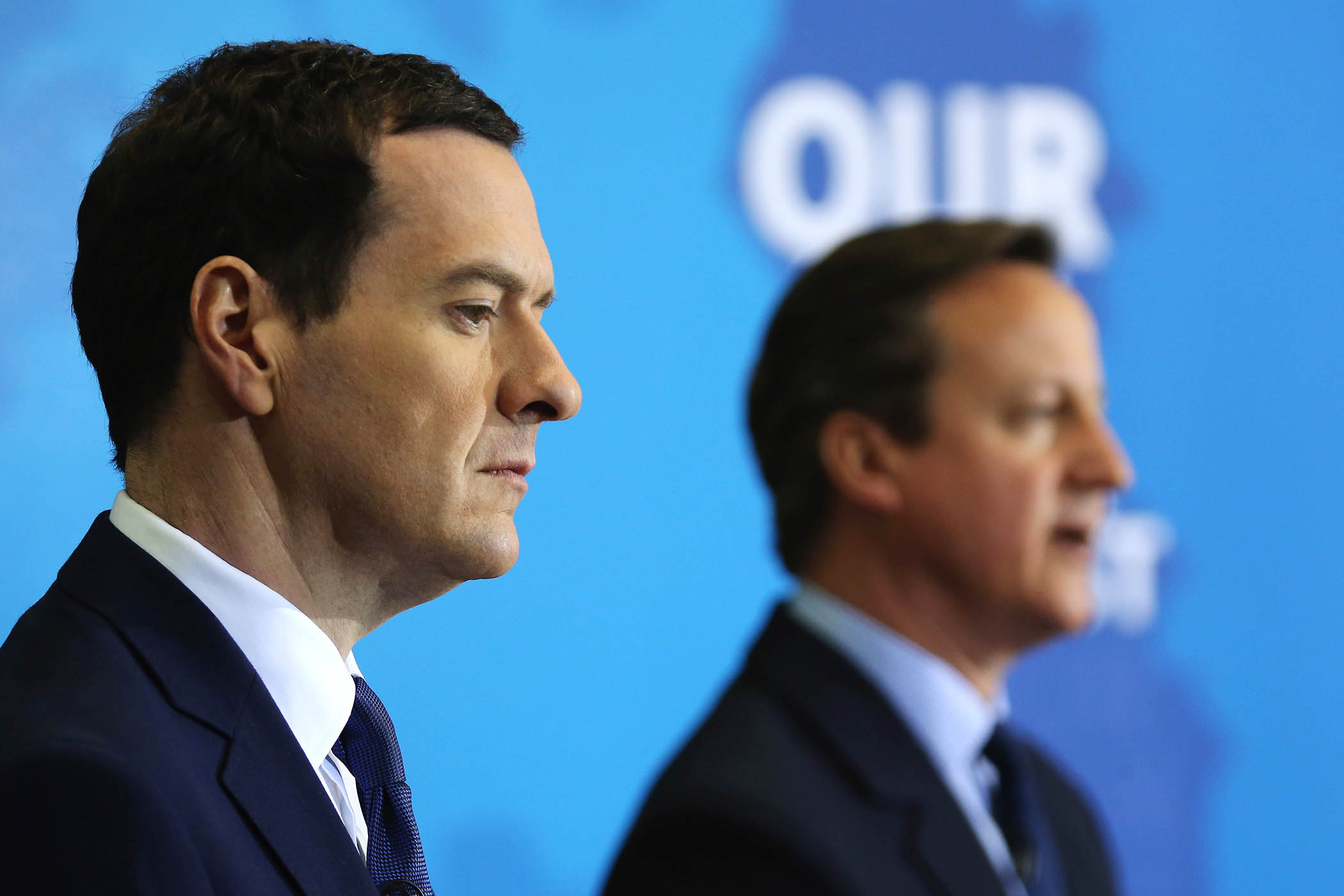Rachel Reeves, the chancellor, will be spending the summer looking to find an estimated £30bn in this November’s budget, without breaking Labour’s election manifesto commitments not to raise income tax, VAT or employee national insurance (NI) – and without some key advisers.
Her chief economic adviser, John Van Reenen, is cutting back his time at the Treasury to just one day a week. Anna Valero, who has been on leave from the London School of Economics, is returning to academia.
It is a crazy time to be losing all those people, and mad that they have so little capacity at the Treasury
It is a crazy time to be losing all those people, and mad that they have so little capacity at the Treasury
Anonymous source
“I don’t understand how they’ve lost their economics adviser [Ravinder Athwal, earlier this month], the civil servant who was there to provide support, and John and Anna at the same time,” said one source.
“It is a crazy time to be losing all those people, and mad that they have so little capacity.”

Economist Anna Valero is leaving Rachel Reeves’s team of advisers
Some believe it is, in part, about who Reeves has chosen to listen to, over who she has not. Van Reenen, a widely respected academic, co-wrote a paper last year that called for the UK to rejoin the EU single market “as an effective spur to competition and productivity”. Labour has repeatedly ruled out such an approach.
But there are other sources of tension too. Varun Chandra, Keir Starmer’s business adviser, is said to have “strong views from what he has heard from his mates”, running counter to Van Reenen’s more academic approach. It is Chandra, say sources, who is behind the push to reverse taxing non-doms on their overseas income, despite evidence suggesting the majority of individuals in the bracket are unaffected and reports of those fleeing the country being overcooked.
“We should be reticent about how much we change our policies based on hearsay,” said one source. “If you go to dinner with the same group of people, you’ll only hear one side of the argument.”

Former deputy governor of the Bank of England Sir Jon Cunliffe is reportedly among those No 10 is seeking as an economics adviser to Keir Starmer
No 10 has for some months been actively searching for an economics adviser; someone who can be Starmer’s eyes and ears on the ground. Despite reports suggesting this could be a senior former Treasury mandarin such as Tom Scholar or ex-deputy governor of the Bank of England Sir Jon Cunliffe, The Observer understands that interviews have been taking place at a more political – and junior – level, with progressive thinktanks being scoured for a Starmerite Alan Walters, the late economic adviser to Margaret Thatcher.
Related articles:
Thus far, no one has succeeded in ticking all the boxes. “They’re looking for a unicorn – they don’t exist,” said one source. The jury is out on whether the individual will be in place before November’s big moment.
Reeves has hired the Financial Conduct Authority’s director of communications, Helen Bower-Easton, to carry out a review of Treasury communications, and plans to better educate Labour backbenchers about the dire fiscal situation the country faces.
But the message from the top is still unclear. “Reeves’s Mansion House speech earlier this month was a sort of philosophical jumble,” said another former insider. “On the one hand, it’s a bit of [George] Osborne style: slash regulation, scrap ringfencing, cut red tape. And on the other: ‘We’re going to tell pension funds they have to invest in the UK real economy, no matter whether their shareholders agree or not’ … They don’t have a philosophical approach to economic policy at all.”
Starmer is also in the frame for Treasury mistakes over the last year, with sources noting No 10 has provided “no strategic cover” for decisions.
“He’s the first prime minister I can remember who thinks his politics is a private matter, rather than something that should be the core of this job,” said one former Treasury official. “He cares about the economy in terms of it going well, but he has no view.”
Exactly how Reeves will raise the necessary funds remains unclear. While the mood is bleak – “Every single choice is horrific,” said one source – Reeves and her team have learned some lessons over the past year; crucially, that they can push back against officials’ advice and that more is needed from ministers.
“There was too much of a reliance on the idea that ‘the bad guys are out, the good guys are here and the system will respond’,” said a source.
Reeves appears wedded to her fiscal rules and is expected to stick to the manifesto commitments. A radical reshaping of the tax system would be welcomed by some, but the system is stacked against anything so novel that the Office for Budget Responsibility cannot score it.
However, there is a range of likely alternatives, including freezing thresholds – drawing more higher-rate payers into the 40% bracket through fiscal drag – and narrow levies such as a gambling tax.
The chancellor could also reform capital gains tax, tweak the ringfenced taxes – for example, by extending NI to landlords – or unfreeze fuel duty. Some combination, along with other measures, will most probably be required to meet the £30bn burden.
Political rivals are primed to attack any perceived backsliding. Supporters argue that Reeves needs to craft a narrative that she has made certain decisions not to fill a gap, but because it is Labour’s plan for the country.
They point to the spending review as an example of Reeves and Starmer “starting to find a more confident argument, a move from ‘growth at all costs’ to one much more about rebuilding the country”.
If Reeves has her ducks in a row by conference season, the pitch-rolling for November’s fiscal event will be set out in her speech. But with a reduced headcount, a growing black hole and a seemingly chronic inability to craft a narrative in advance, the chancellor is starting on the back foot. Just a year in, her legacy is already being written.
As one former Treasury official put it: “A series of unfortunate fiscal events.” This autumn’s budget may be the last chance to rewrite the history books.
Newsletters
Choose the newsletters you want to receive
View more
For information about how The Observer protects your data, read our Privacy Policy
Photographs by PA/LSE/Getty




